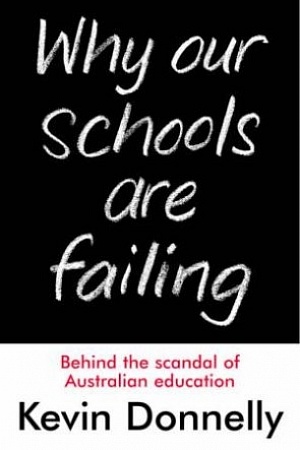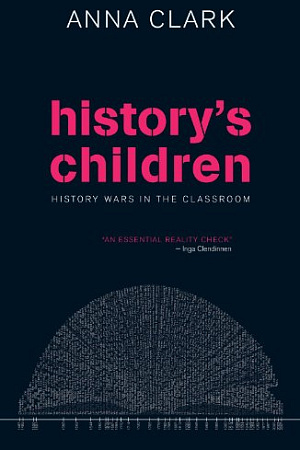Changes, Issues and Prospects in Australian Education
University of Queensland Press, 347 pp, $24.95 hb
A survey of Australian education
One of the most durable myths about education is that it can be separated from politics. It is a myth which has allowed people to believe that education in general and schools in particular can and should be insulated from that unpleasant world in which people disagree violently about human rights and needs and social values and just about everything else. Perhaps – but one cannot be sure – the seventies will mark the death of this myth. If Ted D’Urso and Richard Smith’s collection of readings does, as the authors believe, indicate the kind of problem which will be significant in education for some time to come, then its publication is a further recognition not merely that issues in education should be considered in a social context but rather that they are themselves political and social issues. In fact, the education system seems to provide one of the principal theatres in which the central conflicts of a society are played out.
The collection is concerned almost entirely with primary and secondary education and most of the material was originally produced in the period 1974-76. The editors locate their work squarely in the uncertainties of contemporary society:
The ambiguities evident in the policies and practices of the education sector are symptomatic of an economy adjusting to a post-industrial epoch. Powerful social forces are struggling to influence the directions, shape, and function of traditional institutions under conditions of pronounced insecurity and unpredictability.
One major reference point for the collection is the establishment in 1973 of the Schools Commission, which gave practical support to many of the demands for the reform of schooling. Key themes to which the Commission attempted to give expression underlie much of the book: equality of opportunity, special attention to the needs of disadvantaged groups, devolution of responsibility to schools, community participation and the encouragement of grassroots initiative. Extracts from the Karmel Report itself on the subjects of equality and ‘Fostering Change’ provide starting points for the first two sections.
Continue reading for only $10 per month. Subscribe and gain full access to Australian Book Review. Already a subscriber? Sign in. If you need assistance, feel free to contact us.










Leave a comment
If you are an ABR subscriber, you will need to sign in to post a comment.
If you have forgotten your sign in details, or if you receive an error message when trying to submit your comment, please email your comment (and the name of the article to which it relates) to ABR Comments. We will review your comment and, subject to approval, we will post it under your name.
Please note that all comments must be approved by ABR and comply with our Terms & Conditions.